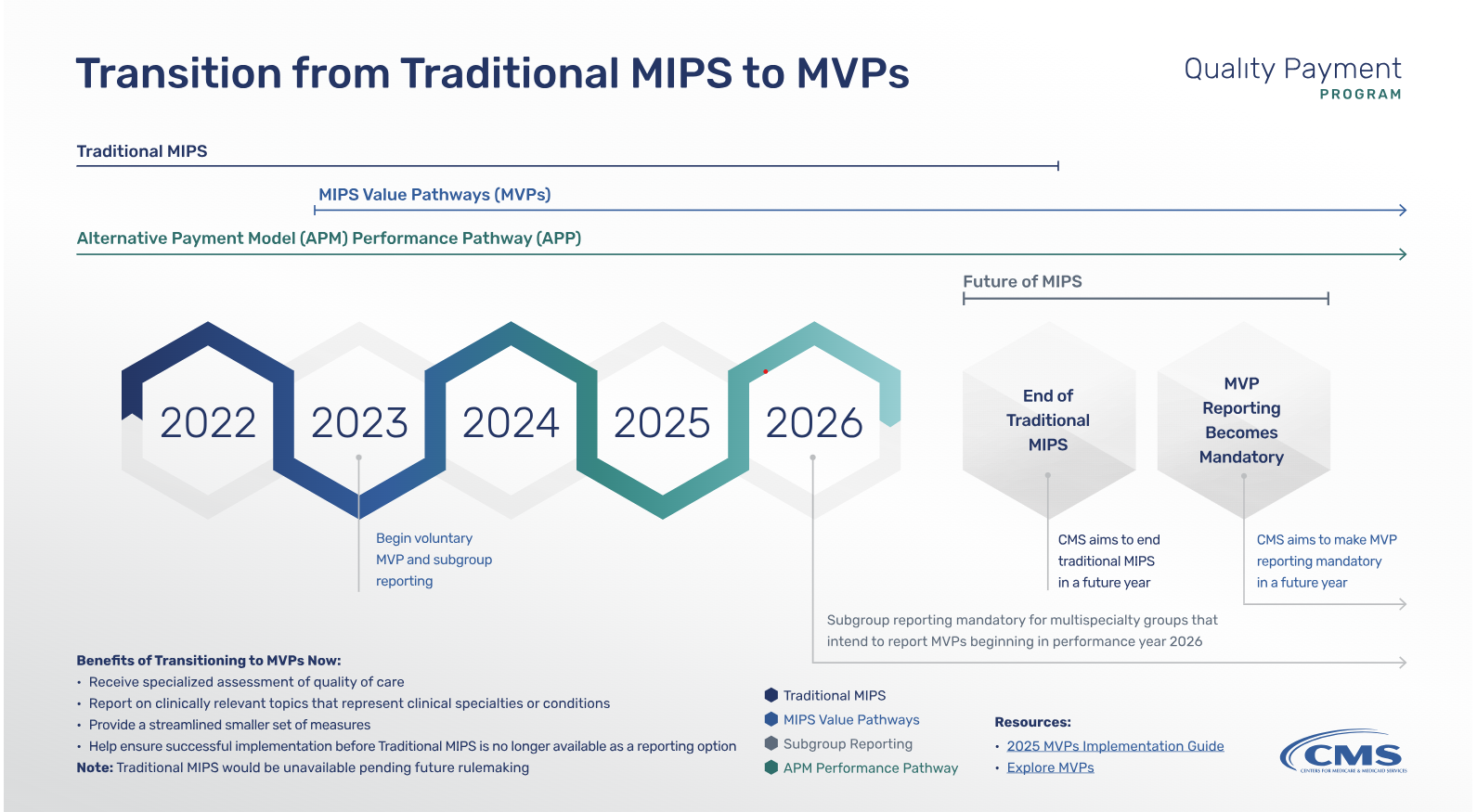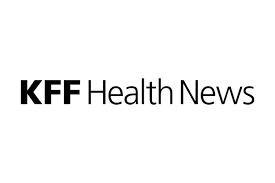
For an ambulatory surgery center (ASC), earning accreditation can be more than a mark of excellence. The Accreditation Association for Ambulatory Health Care (AAAHC) offers Medicare Deemed Status Accreditation, eliminating the need for separate surveys to certify compliance with the Conditions of Participation (CoPs) required by the Centers for Medicare…

Editor’s Note: This page is a companion piece to the main article, How ASCs ace the AAAHC accreditation survey. The posts below cover the latest version of the handbook from the Accreditation Association for Ambulatory Health Care (AAAHC) and advice on delineation of privileges. Navigating the new handbook The latest…

Editor's Note Two workers at an ambulatory surgery center (ASC) are facing federal charges after allegedly interfering with an Immigration and Customs Enforcement (ICE) arrest, The Independent July 27 reports. The federal agents reportedly arrested one of the workers and are pursuing the other after both were accused of assaulting…

In July 2025, the Centers for Medicare & Medicaid Services (CMS) proposed sweeping changes to the Medicare Physician Fee Schedule for calendar year 2026. Among the most impactful updates is the launch of the Ambulatory Specialty Model (ASM)—a mandatory value-based payment program focused on heart failure and low back pain.…

Editor's Note Philips Respironics BiPAP A30, A40, and V30 Auto ventilators are subject to a Class 1 recall—the US Food and Drug Administration’s (FDA’s) most severe category indicating risk of serious injury or death—due to the risk for a failure in the Ventilator Inoperative alarm, which can cause therapy interruption…

Editor's Note A mixed reality navigation (MRN) system for neurosurgery achieved performance comparable to traditional optical navigation (TON) in certain clinical scenarios, while significantly reducing equipment costs, according to an August 1 study published in BMC Surgery. The MRN system, built around a Microsoft HoloLens headset and infrared tracking tools,…

Editor's Note A growing subset of cosmetic surgery chains, some backed by private equity, have been named in multiple lawsuits alleging serious patient harm, according to an August 1 article in KFF Health News. Based on a joint investigation with NBC News, the outlets reports that chains offering body-reshaping operations…

Editor's Note Nearly half of hospital harm events—particularly surgical events—were not captured by reporting systems, according to a July 30 TechTarget report on new findings from the Office of Inspector General (OIG). The OIG report examined 299 harm events experienced by a nationally representative sample of 770 Medicare patients discharged…

Editor's Note As part of the Centers for Medicare and Medicaid Services (CMS) newly issued 2026 Final Rule, the Transforming Episode Accountability Model (TEAM) will hold hospitals and health systems accountable for the entire episode of care for major surgeries, from admission through 30 days post-discharge. HIT Consultant reported the…

Editor's Note Psychological interventions such as hypnosis, music therapy, and cognitive behavioral therapy (CBT) may reduce acute pain in clinical settings, though statistically significant effects were found only in some studies, according to a July 16 scoping review published in The Journal of PeriAnesthesia Nursing. Hypnosis was the most adaptable…